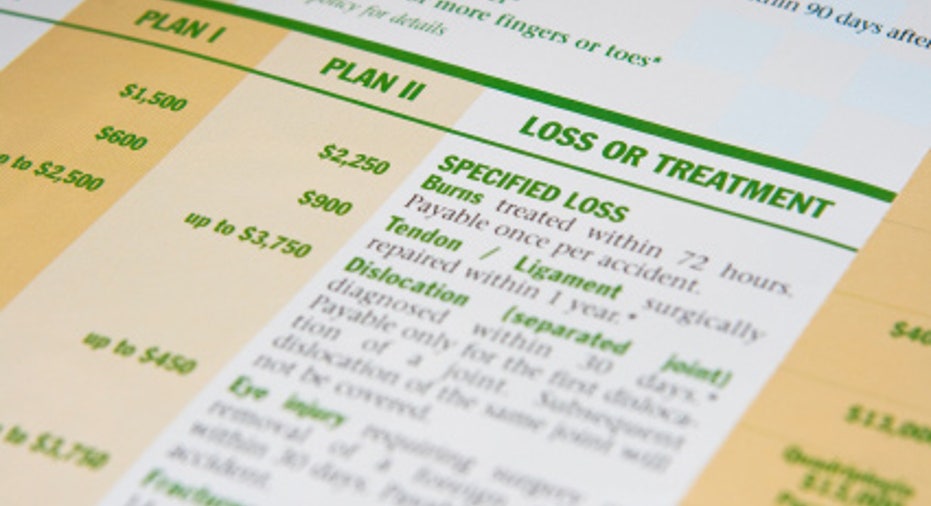Free Money: Health Insurers Must Send Rebates This Year

If your health insurance company spends too much money on costs like executive salaries and marketing, it may wind up paying you.
Under a provision in the Patient Protection and Affordable Care Act that kicked in last year, your insurer needs to spend at least 80% of its total premium dollars on medical care and quality improvement. If it didn't hit this mark in 2011, you could be receiving a rebate.
The move should "eliminate a lot of the administrative costs consumers pay for," says Carla Saporta, health policy director at the Greenlining Institute, a multiethnic public policy and advocacy organization.
Medical loss ratios
Starting this year, your insurance company needs to tell you how your money was spent. They must report their medical loss ratio.
If you belong to a small group plan or have individual insurance, at least 80% of your premium should go to medical care and quality improvement. If you belong to a large group plan, it should be at least 85%. If not, you should see a rebate.
"Some of these insurance companies have already changed their behavior by lowering premiums or spending more on medical care and quality improvement, while the remainder will need to refund this money to their customers this year," U.S. Department of Health and Human Services Secretary Kathleen Sebelius said in a news release. The total rebates to either consumers or their employers could reach $323 million.
The refunds could come in the form of payments or premium credits to either the individual or the employer, and must be made by Aug. 1 of each year.
Saporta says she thinks insurance companies will try hard to meet the standard because they "don't want to look bad in the eye of consumers," and appear to be squandering their cash.
A first step
The change "helps consumers better plan for the actual costs" of care, says Saporta, who says the move is a good first step in helping to control insurance costs, and ultimately leading to more affordable health insurance.
Phil Lebherz, who founded the U.S. Uninsured Help Line, is concerned about the changes that might occur on the part of health insurance companies as they meet medical loss ratio requirements.
Consumers may receive rebates for the next year or two, but after that, Lebherz says rebates are likely to disappear as insurance companies that now spend more than 15% or 20% of health insurance premiums on nonmedical-related costs rebalance their books. The Patient Protection and Affordable Care Act doesn't include an oversight agency to "take apart every part of a company."
Lebherz anticipates there will be fewer health insurance brokers because they won't receive "enough off commissions to make a viable business," forcing some agents to shut their doors.
The result will be "consolidation of the places you can go to buy health insurance," resulting in less choice for consumers, he predicts.
While consolidation won't have an impact on those who prefer to purchase their health insurance online, it will affect those who prefer to purchase through an independent agent in order to get personal attention and advice.
Meeting government standards
A Government Accountability Office (GAO) report from October found that nearly two-thirds of health insurance companies already would have met the new standards had they been in place in 2010. The report found 77% of insurers serving the large group market would have met the standards in 2010, while 70% of those serving the small group market would have done so. Combined, those two groups of insurers covered 85% of insured Americans.
Among individual health plans, only 43% of insurers in 2010 would have met the standard because of the higher costs of brokers' commissions and fees. Only 15% of Americans got their insurance through the individual market in 2010.
A number of states have requested waivers for the medical loss ratio requirement from the Department of Health and Human Services.
The original article can be found at Insure.com:Watch your mail for a possible health insurance rebate



















